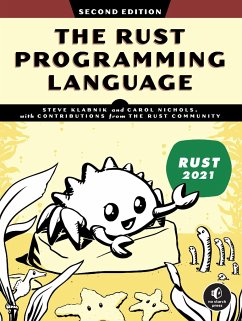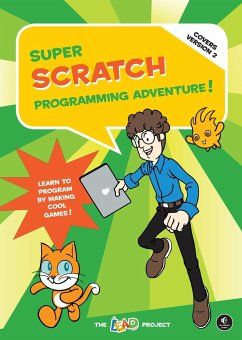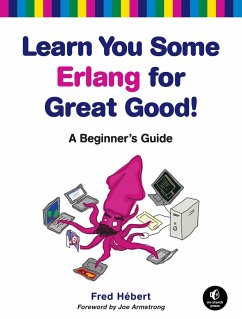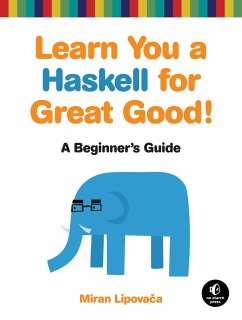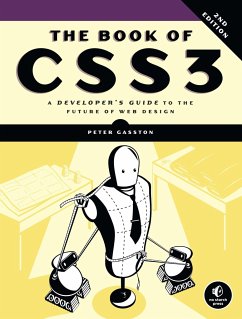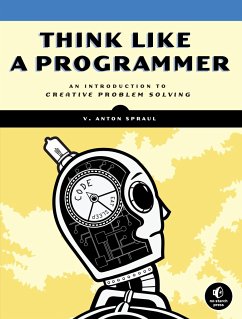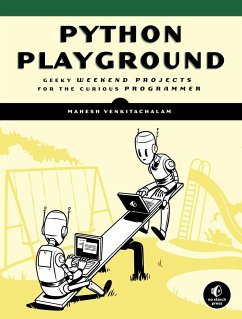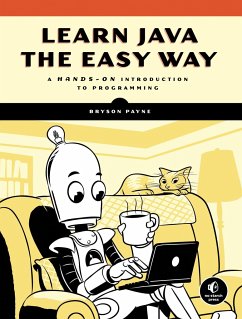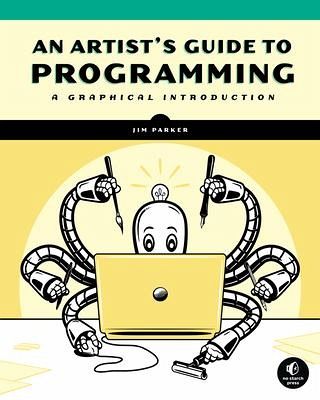
An Artist's Guide to Programming
A Graphical Introduction

PAYBACK Punkte
12 °P sammeln!
Learn to program with visual examples. Programs increase in complexity as you progress from drawing a circle to 3D graphics, animations, and simulations.A Graphical Introduction to Programming teaches computer programming with the aid of 100 example programs, each of which integrates graphical or sound output. The Processing-language-based examples range from drawing a circle and animating bouncing balls to 3D graphics, audio visualization, and interactive games.Readers learn core programming concepts like conditions, loops, arrays, strings and functions, as well as how to use Processing to dr...
Learn to program with visual examples. Programs increase in complexity as you progress from drawing a circle to 3D graphics, animations, and simulations.
A Graphical Introduction to Programming teaches computer programming with the aid of 100 example programs, each of which integrates graphical or sound output. The Processing-language-based examples range from drawing a circle and animating bouncing balls to 3D graphics, audio visualization, and interactive games.
Readers learn core programming concepts like conditions, loops, arrays, strings and functions, as well as how to use Processing to draw lines, shapes, and 3D objects. They ll learn key computer graphics concepts like manipulating images, animating text, mapping textures onto objects, and working with video. Advanced examples include sound effects and audio visualization, network communication, 3D geometry and animation, simulations of snow and smoke, predator-prey populations, and interactive games.
A Graphical Introduction to Programming teaches computer programming with the aid of 100 example programs, each of which integrates graphical or sound output. The Processing-language-based examples range from drawing a circle and animating bouncing balls to 3D graphics, audio visualization, and interactive games.
Readers learn core programming concepts like conditions, loops, arrays, strings and functions, as well as how to use Processing to draw lines, shapes, and 3D objects. They ll learn key computer graphics concepts like manipulating images, animating text, mapping textures onto objects, and working with video. Advanced examples include sound effects and audio visualization, network communication, 3D geometry and animation, simulations of snow and smoke, predator-prey populations, and interactive games.




